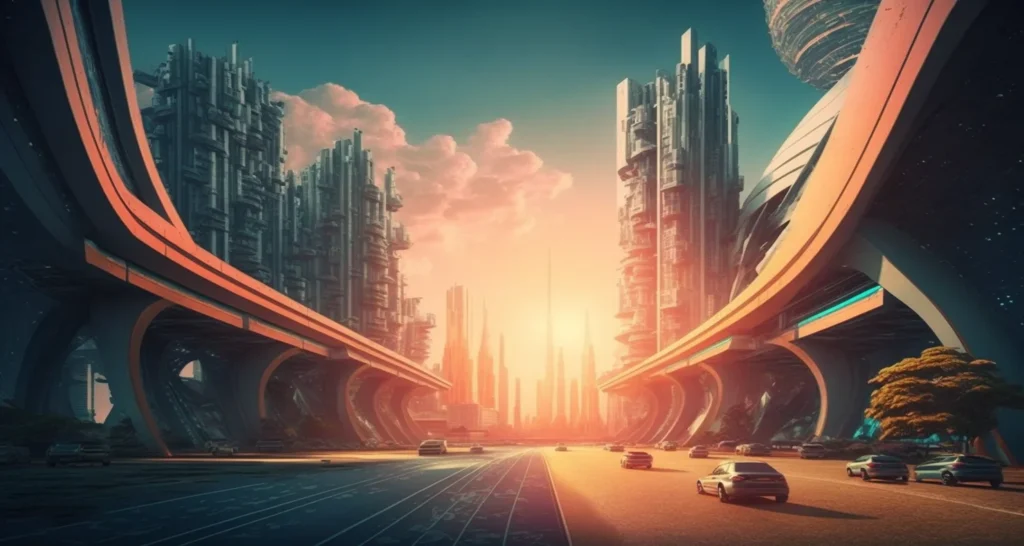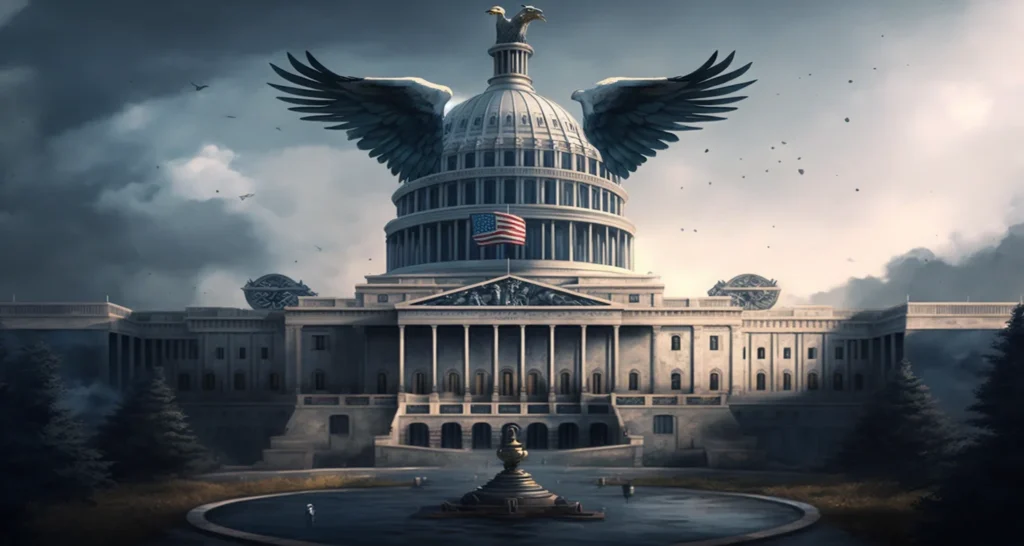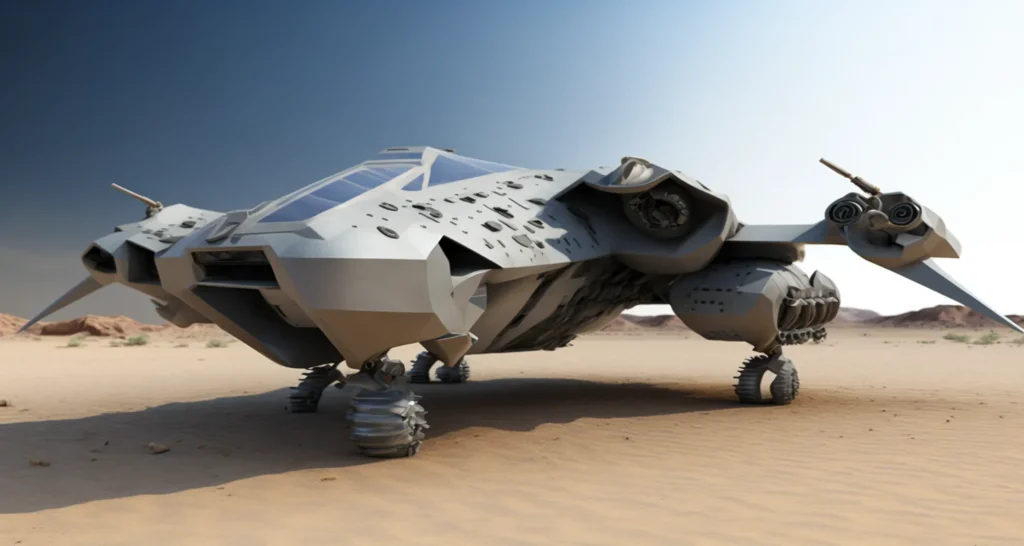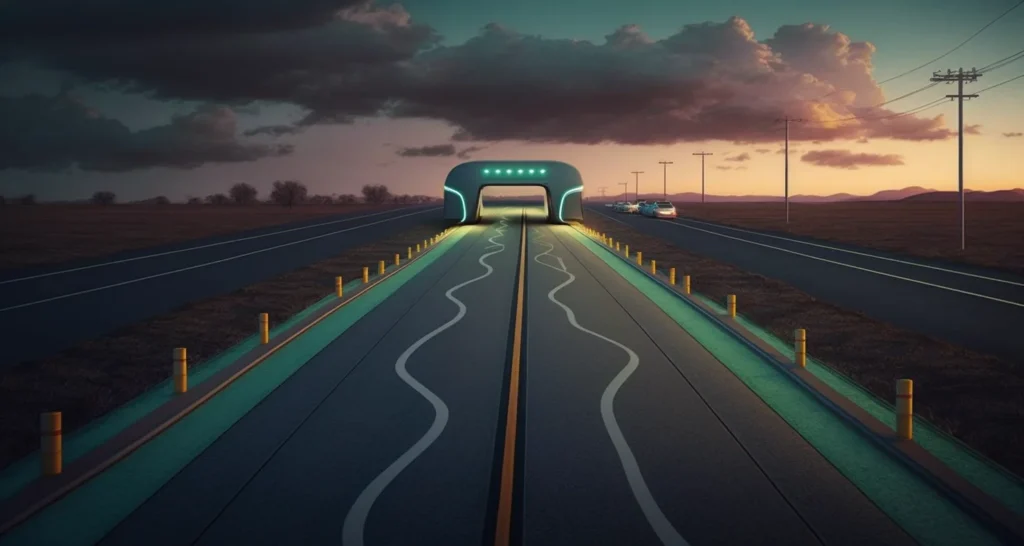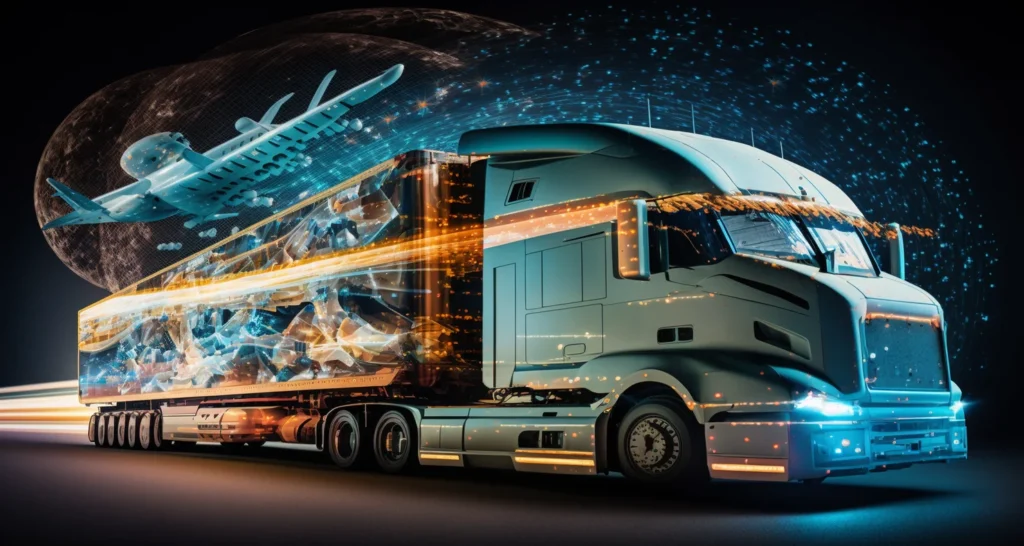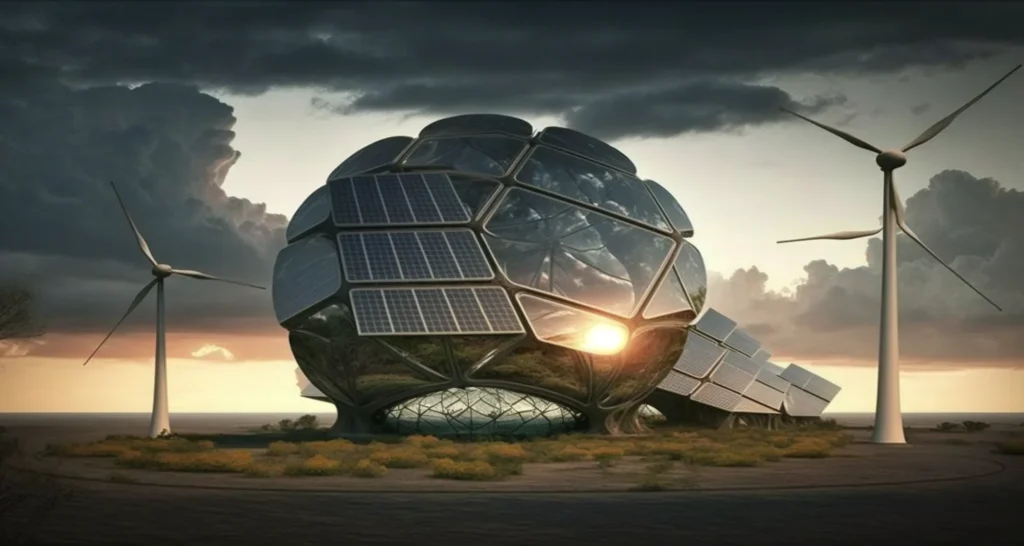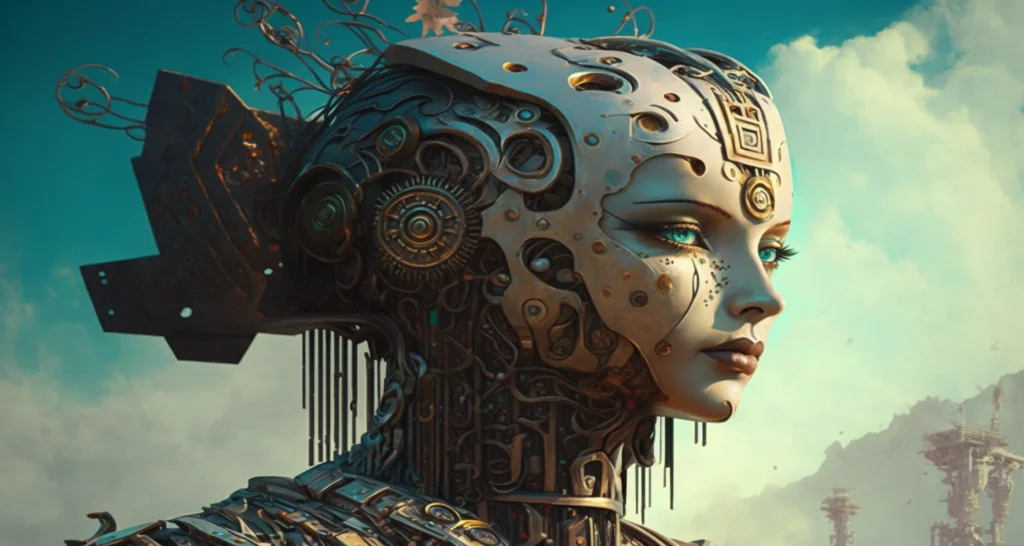A generous, massive, “generational” plan to revolutionize the lives and farming of Europeans, known as the Green Deal, was approved by member states last year to combat global climate change, polluted air, soil, and waterways, and reduce the path of food from agriculture to Europeans’ tables. What is the Green Deal all about and why is it being introduced?
Europe has a plan to become a technological and ecological leader in the world because, like many other countries China, Canada, India, it realizes that the current style of farming is not sustainable.
As part of the Green Deal, European countries are committed to
- zero greenhouse gas emissions by 2050,
- economic growth will be decoupled from resource use,
- no individual or region is left behind.
The European Commission’s website literally says: “The Green Deal for Europe is a roadmap to ensure the sustainability of the EU economy. We will do this by turning climate and environmental challenges into opportunities in all policy areas and ensuring that the transition is inclusive and fair for all.”
The plan is divided into individual policies, which are as follows:
Biodiversity conservation
- Protected areas will be established in 30% of Europe’s territory, as well as in 30% of Europe’s seas.
- 25 000 km of natural watercourses will be restored.
- Organic farming and biodiversity-rich landscapes on farmland will be expanded.
- Pesticide use will be reduced by 50% by 2030.
- 3 billion trees will be planted.
From farmer to consumer and sustainable agriculture
- Ensuring quality food across the EU,
- Preventing food fraud,
- Using and developing more environmentally friendly food treatment technologies,
- ensuring a fair agricultural transition for all farmers,
- reducing dependence on pesticides, artificial fertilizers, and antibiotics.
Clean energy
- Reduce greenhouse gas emissions by 50 to 55% by 2030 compared to 1990 levels,
- By 2050, a 100% reduction in greenhouse gases compared to 1990,
- Interconnect energy systems and better connect/integrate renewable energy sources into the grid,
- increase cross-border and regional cooperation to better share clean energy sources.
Sustainable industry and construction and renovation
- Promote insulation, water retention, and digitalization,
- Circular economy.
Sustainable mobility
- End fossil fuel subsidies,
- Emissions trading also in maritime transport,
- Effective road pricing within the EU,
- 1 million charging stations within the EU by 2025.
Eliminating pollution
- Reduce microplastics and residues from pharmaceuticals in water,
- Reduction of excess nutrients in the environment through a farmer-to-consumer strategy,
- reduce pollution from large industrial sites.
- Improve the ability to prevent,
- support local authorities to achieve cleaner air,
- review air quality standards.


